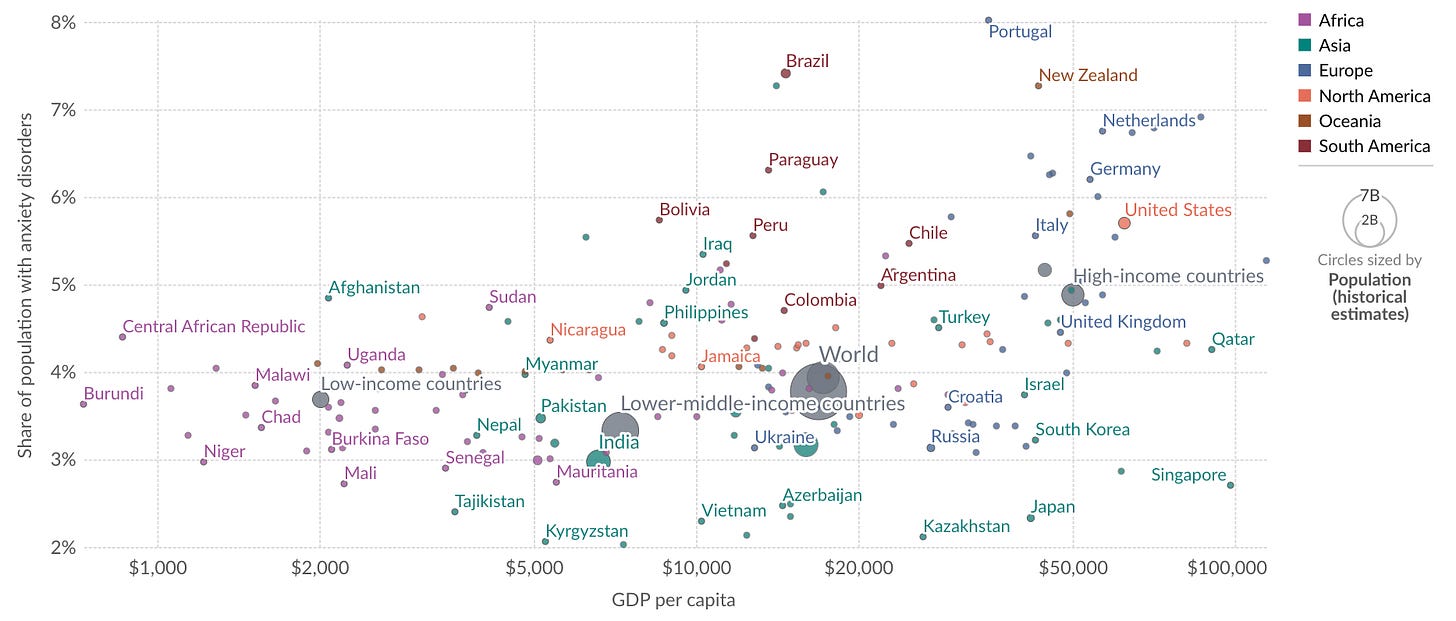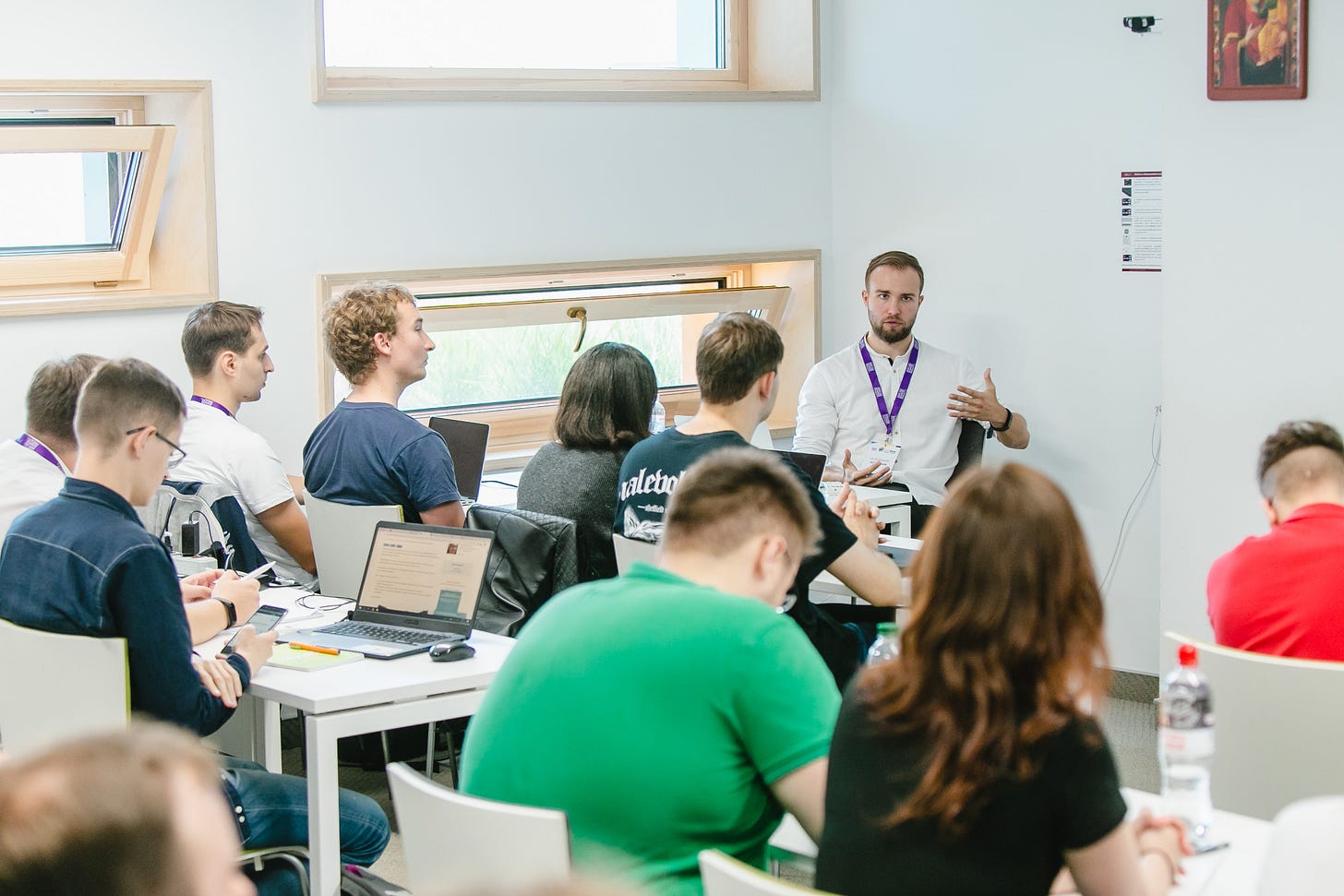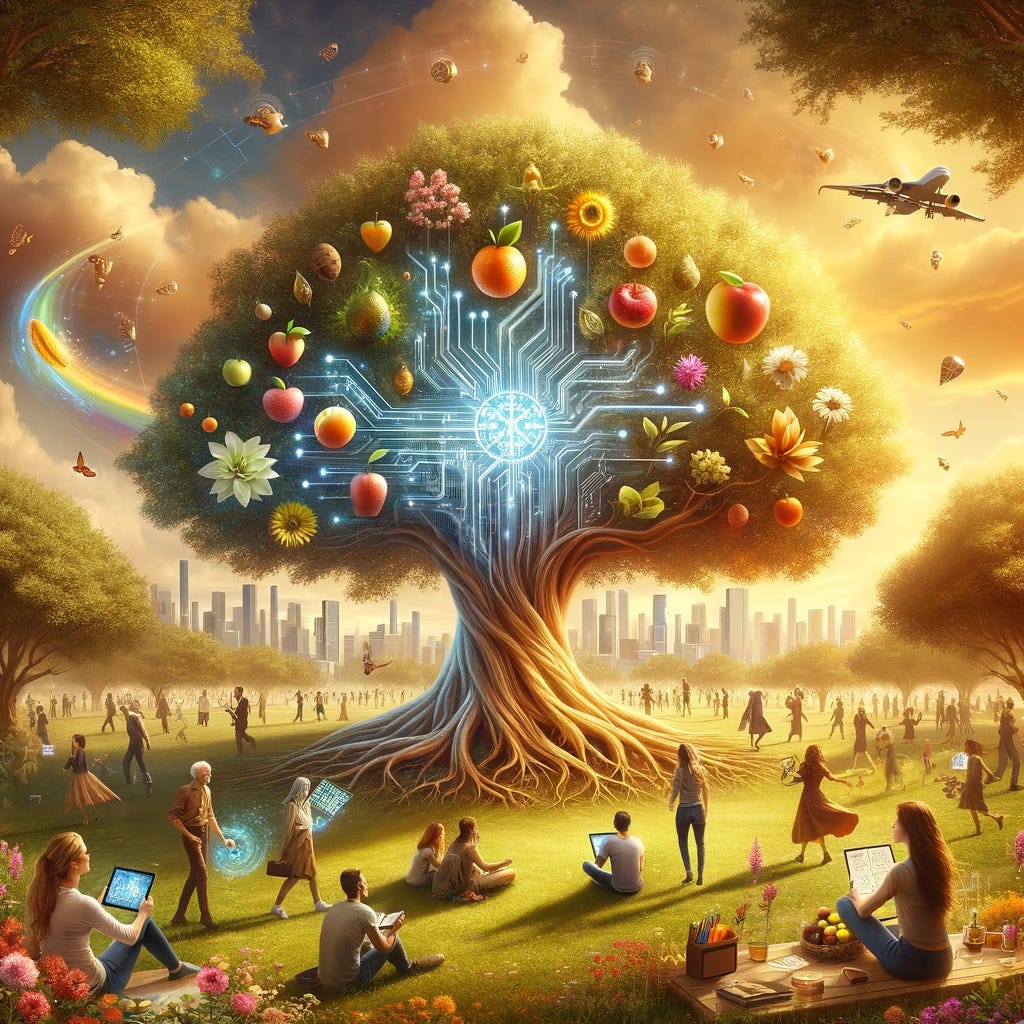Where I am coming from
Most of the readers of this post probably know me for my professional work in the technology of artificial intelligence at Neurons Lab or before. The booming startup culture in the US deeply influenced me in my adolescent years when I lived in Kyiv, Ukraine, so I was practically raised on the success stories of such icons as Steve Jobs, Mark Zuckerberg, and Elon Musk building their world-influencing empires. However, I always felt that something important was missing in the technocratic growth-first culture, but struggled to verbalize it.
Not so many of you know, that my deeper roots are in liberal arts. I studied at a languages-focused school and academically I was always better in languages and literature rather than in mathematics or physics. My first commercial attempts were in design, sales, and photography business, not in engineering. Even in tech, I believe the best work I did was in organization and communication, not in pure software engineering or science.
Overall I value my international experience of life in Italy and Spain as more transformative compared to business life. Hence, I am looking at myself and the world through the prism of these obtained skills and lived experiences, and here is what I have observed for the last couple of years.
What’s in the air
The Collins Dictionary’s word of the year for 2022 is “permacrisis”. Germany’s chancellor Olaf Scholz calls Russia’s war in Ukraine “Zeitenwende” - a change from one age or era to another. Business thinkers describe the shift from the “VUCA to BANI” world, where key adjectives for the new world are brittle, anxious, non-linear, and incomprehensible.
What’s interesting, on one side we have achieved tremendous progress in the last couple of hundreds of years and Steven Pinker writes a good argument for it in his “Enlightenment Now: The Case for Reason, Science, Humanism, and Progress“:
Health: life expectancy is 2x+ up from XVIII century, healthy lifespan, and nutrition are up as well
Wealth: extreme poverty is down from 90% to 10% from the XIX century
Rights: democracy, education, and equal rights are as high as ever (or used to be in the very recent past)
Marc Andreessen makes another motivating statement about the positive impact of technology and growth in his “Techno-Optimist Manifesto”.

But at the same time, it looks like such achievements don’t necessarily make us happier. Richard Easterlin, Martin Seligman, and Daniel Kahneman make exactly this point and data confirms it:
Mental health: ~20% of adults depressed, suicide in top-9 death causes
Substance abuse: 5.5x+ overdose deaths growth
Family and children: only ~60% of children live with both birth parents
Combine it with what’s happening in the world on the political level and you get the perfect storm:
Trust in society: US government 4x decline from 80% to 20%
Democracy: global electoral democracy score down by 20%
Conflicts: deaths in armed conflicts skyrocketed 4x+ from the 2000s
John Vervaeke from the University of Toronto calls it a “meaning crisis” and this definition resonates with me and feels right given such a vast mismatch between humanity's achievements and perceived satisfaction about them. My take on this is that we can analyze the crisis in two directions:
individual level of personal meaning - going deep down from behavioral psychology to biology changes
societal level of interpersonal meaning - going up from local politics to the global spiritual challenges
Of course, these levels are interdependent - individuals influence society and society shapes individuals. Also, I hope it’s needless to mention, that I am not taking an anti-capitalist or Luddist or any kind of anarchist-anti-progress stance here, but rather advocating an integrative approach to life where progress and happiness can go hand-in-hand together. I believe many of us can get long lifespans, wealth, and rights alongside meaning, spirituality, and happiness and after achieving it, help others to do the same. Also, I believe, that the solution to the meaning crisis is less about science, and more about philosophy and related studies. That’s why I want to come back to my roots and rediscover them.
How I want to contribute
Having such objective facts at hand alongside subjective judgment and feelings, I have the following goals for this journey:
to understand better and diagnose my state as an individual and the state of my society (Western Europe) in the situation of crisis
to design and implement solutions for myself and the maximum possible social circles where I have influence
to share the journey and to help individuals, organizations, and societies who co-identify with the crisis and also look for solutions
I am not aiming for any political partisanship or academic rigor within this work.
The initial plan is to study interdisciplinary fields and learn how to change individual and societal behavior and outcomes to overcome the crisis on the different levels of our lives. I am starting with the two following resources:
individual level crisis → John Vervaeke’s Meaning Crisis lectures which combine history, theology, psychology, philosophy, cognitive sciences, anthropology, and other fields
societal level crisis → Vsevolod Zelenin’s Myth Design course that combines politics, psychology, media, anthropology, semiotics, linguistics and other fields
Over the next weeks, months, and, hopefully, years I plan to share what I’ve learned, the results of the investigations, connections with other life areas, and new actions I take personally or what I think we can do as a society and humanity. Stay tuned!





Alex, a compelling article. Your motivations are clear, and I look forward to following your next steps, as I am also interested in these processes. Thanks for sharing!
I'm touched by you sharing your learning journey in public. I loved the honest intro around going back to your liberal arts roots and your declaration of how you plan to contribute. Inspiring.